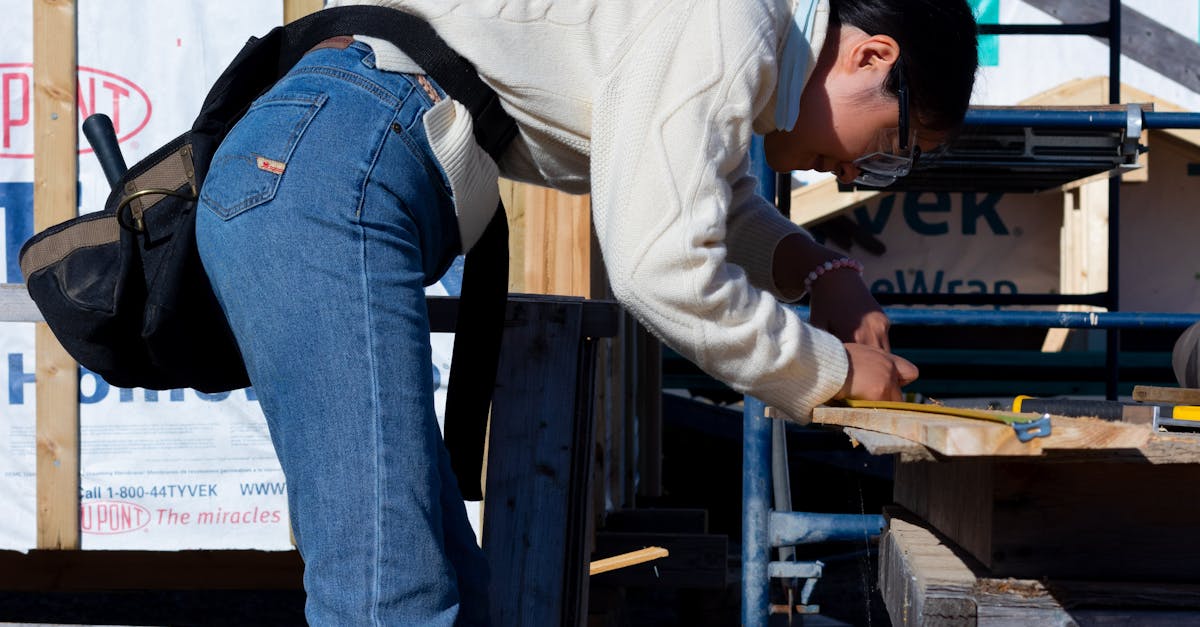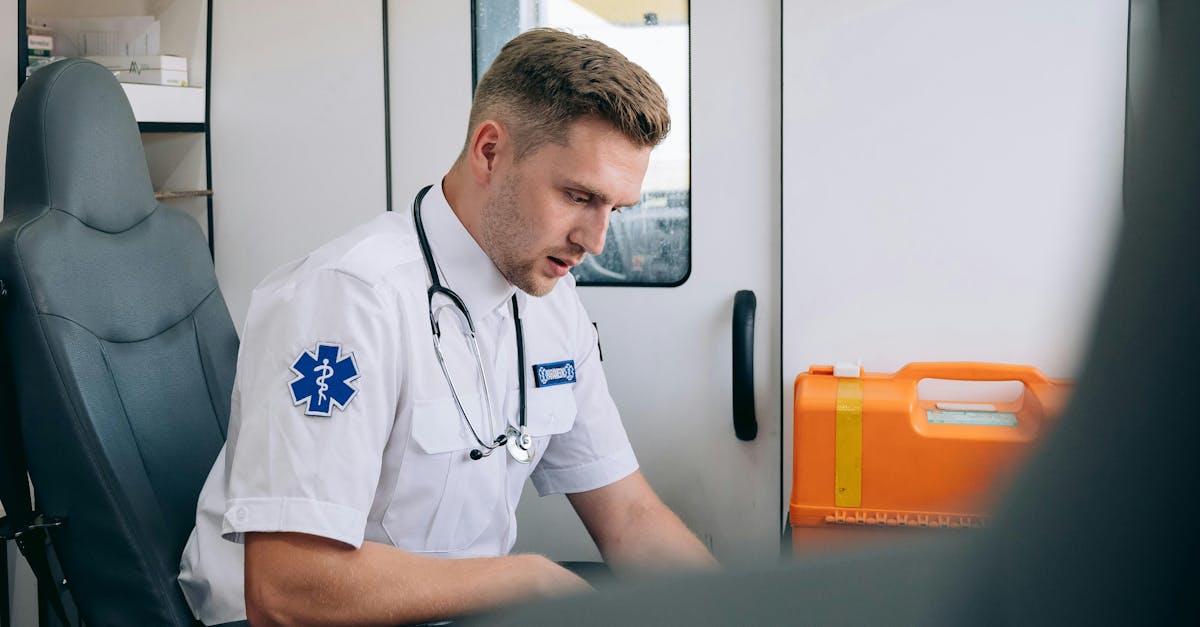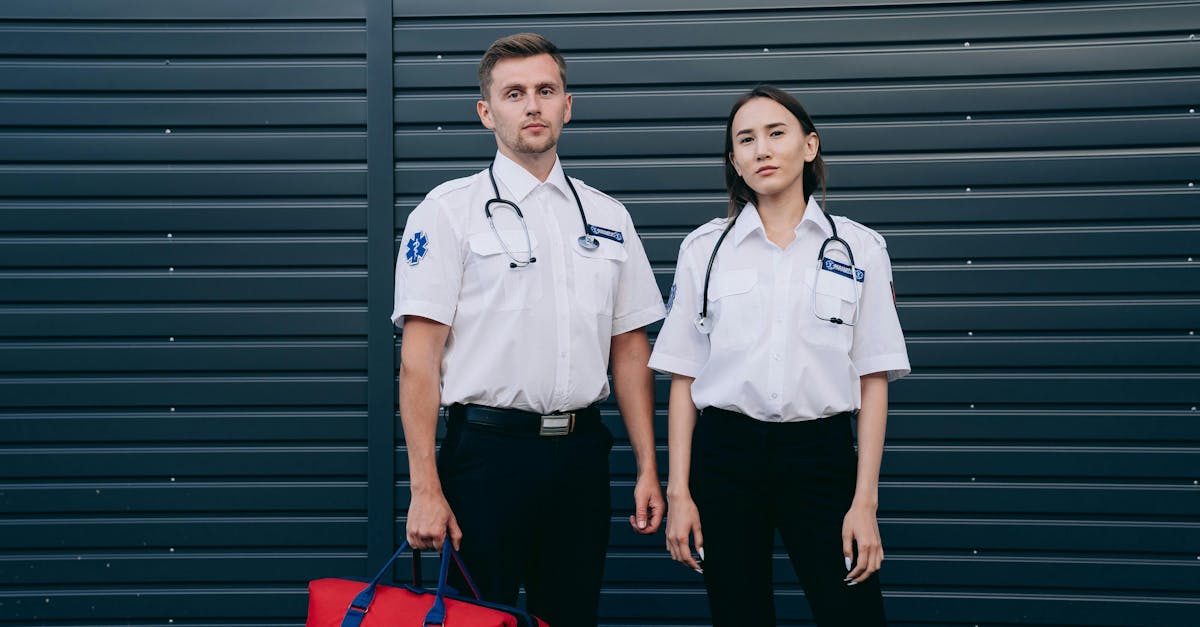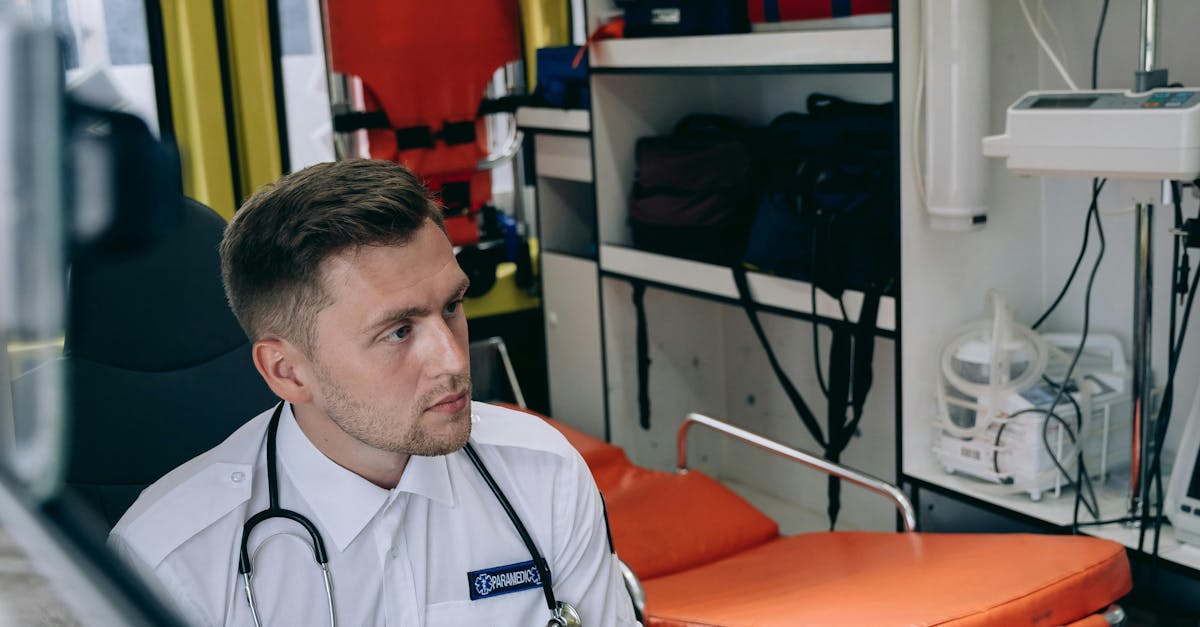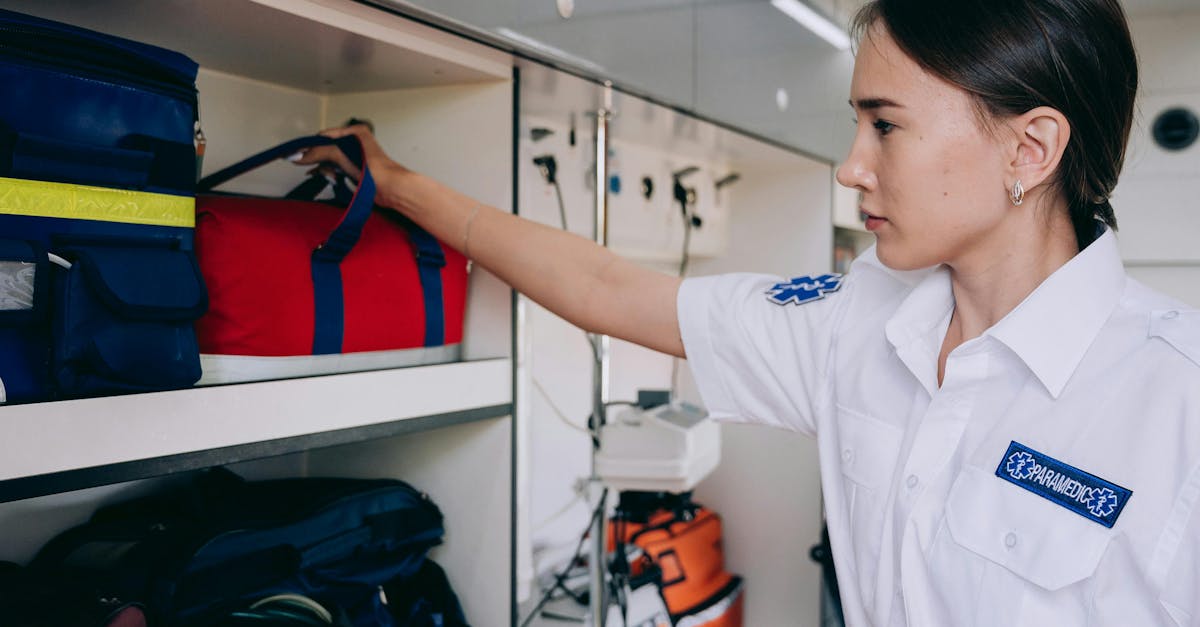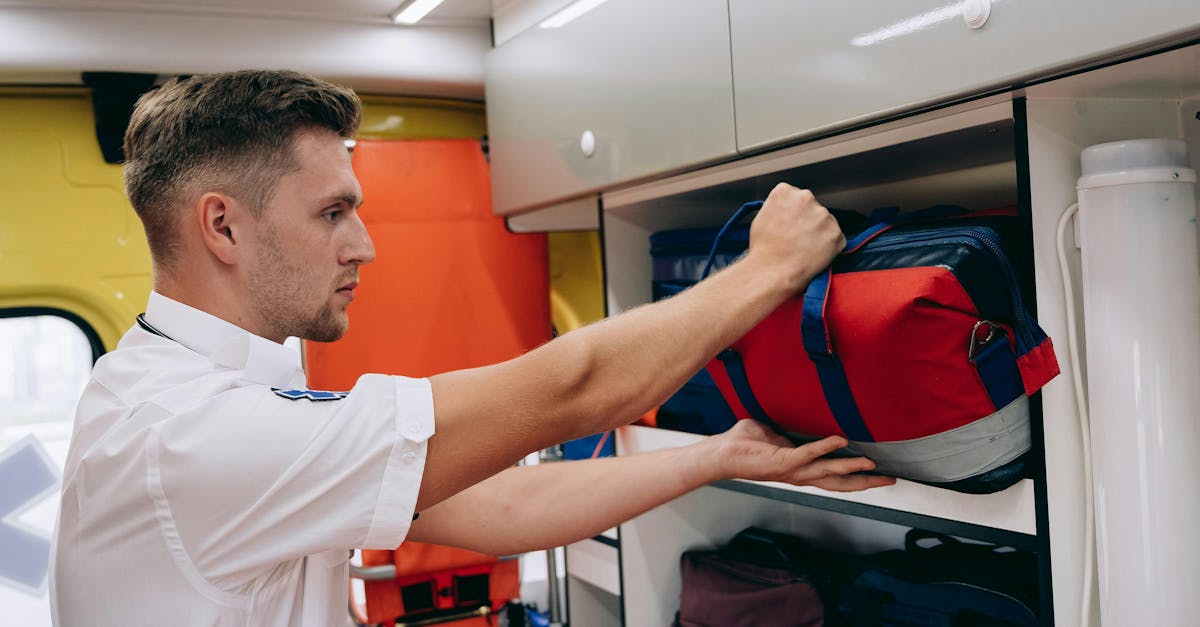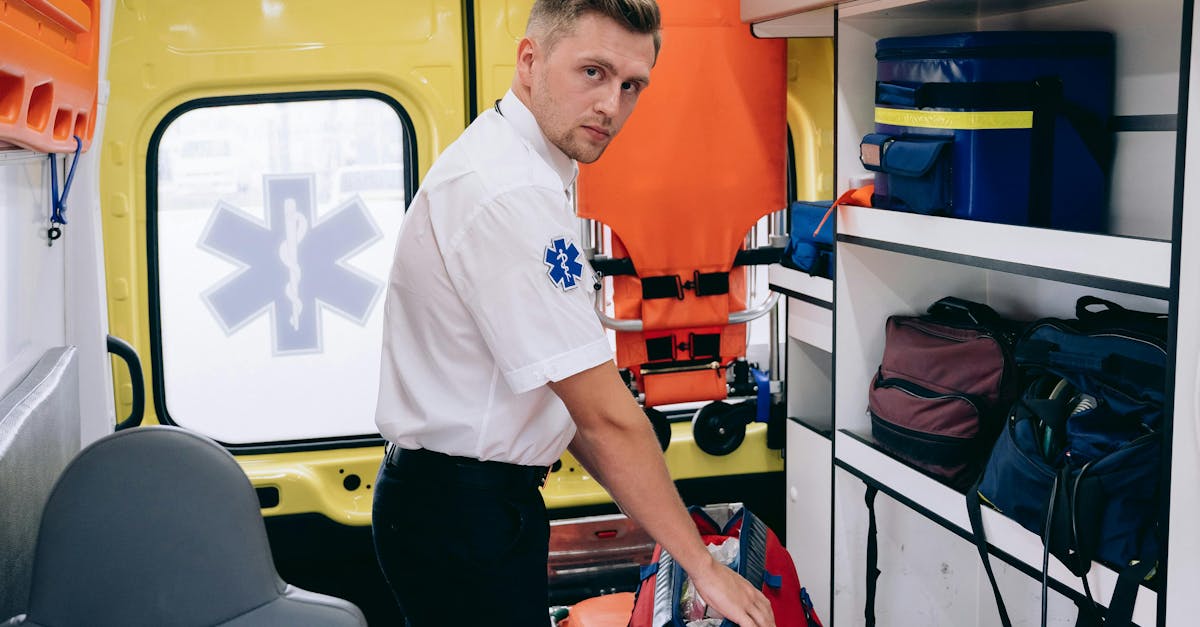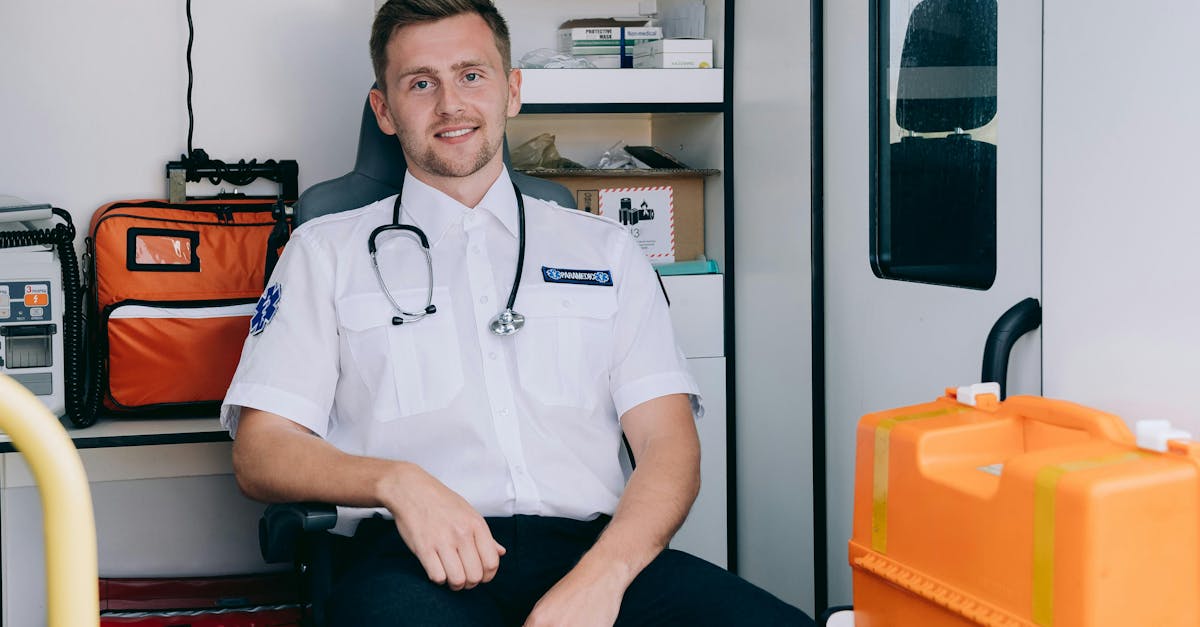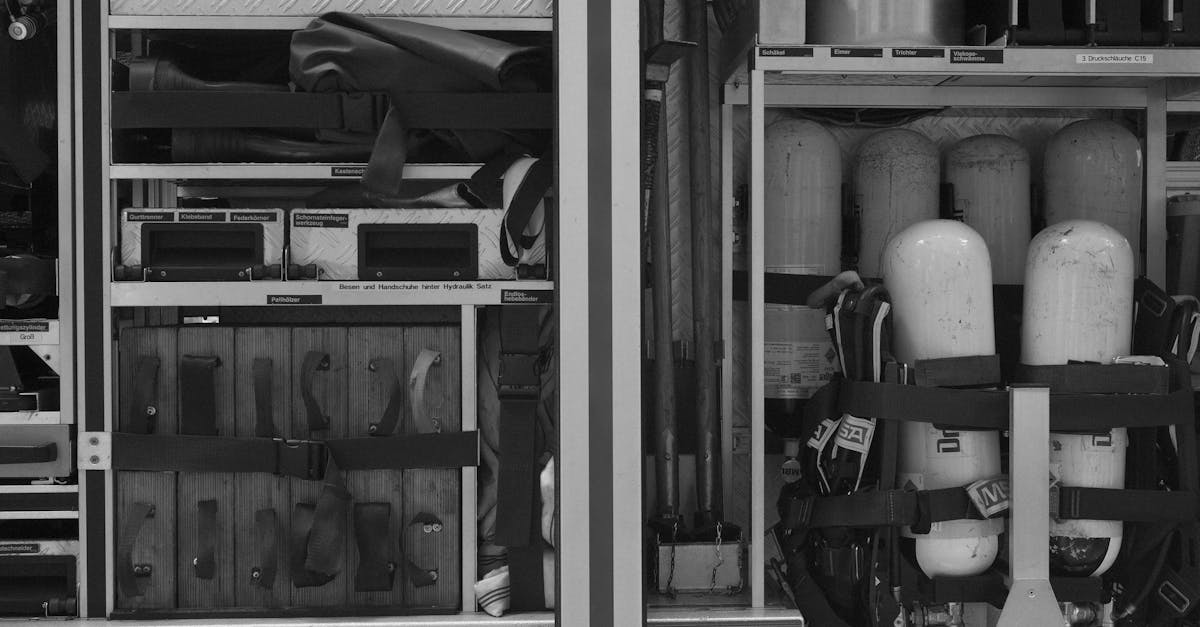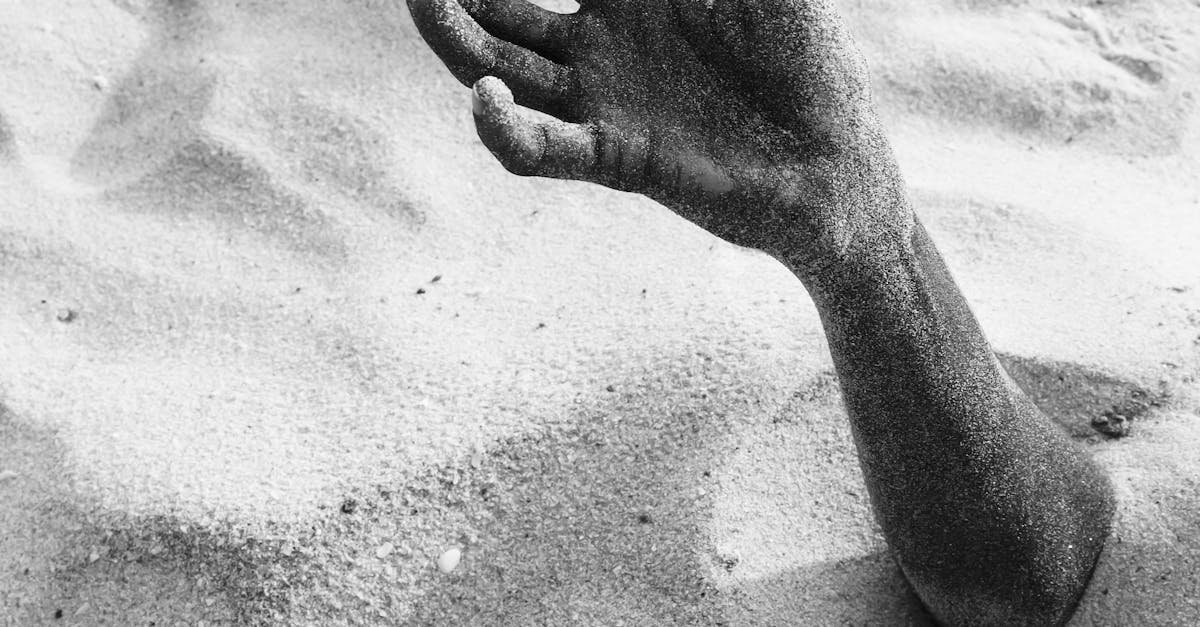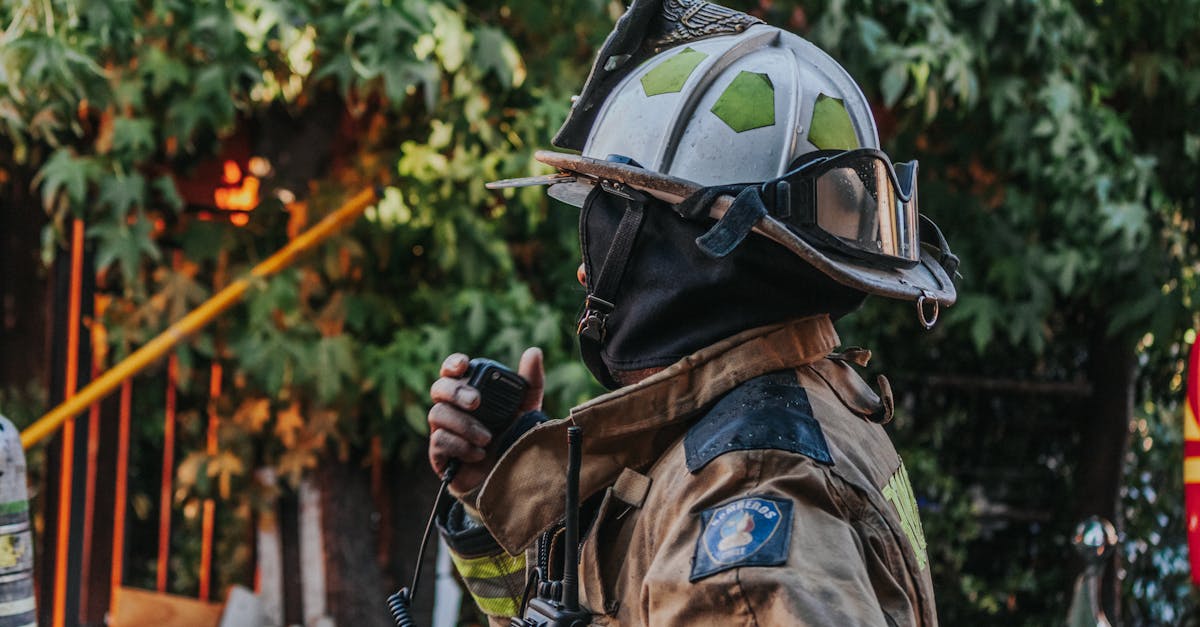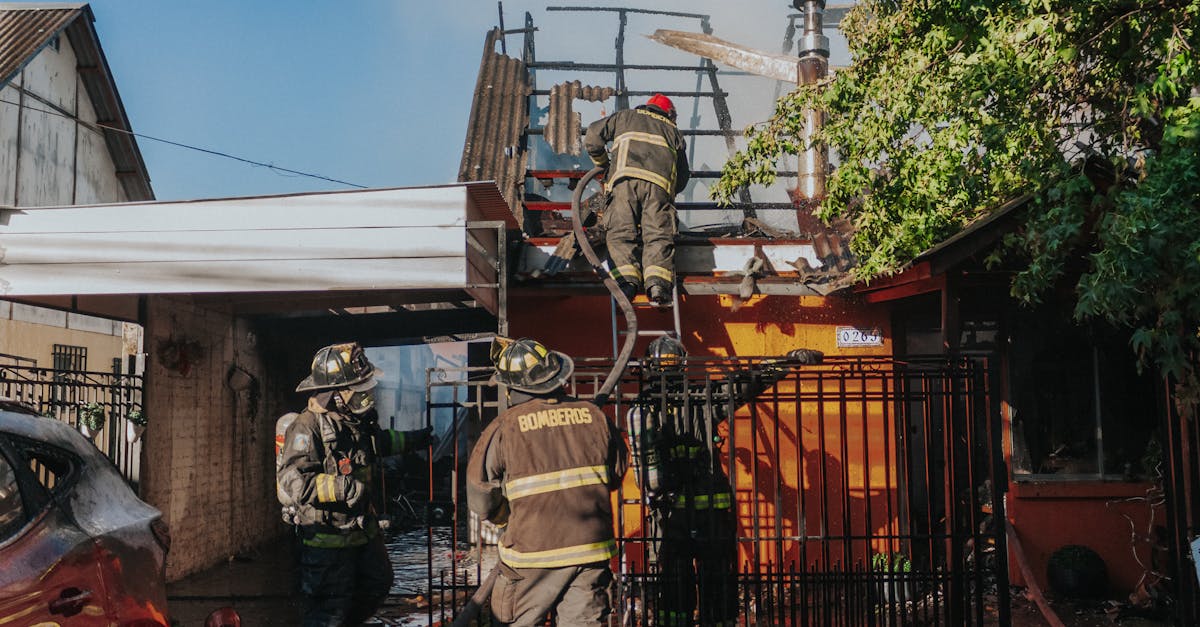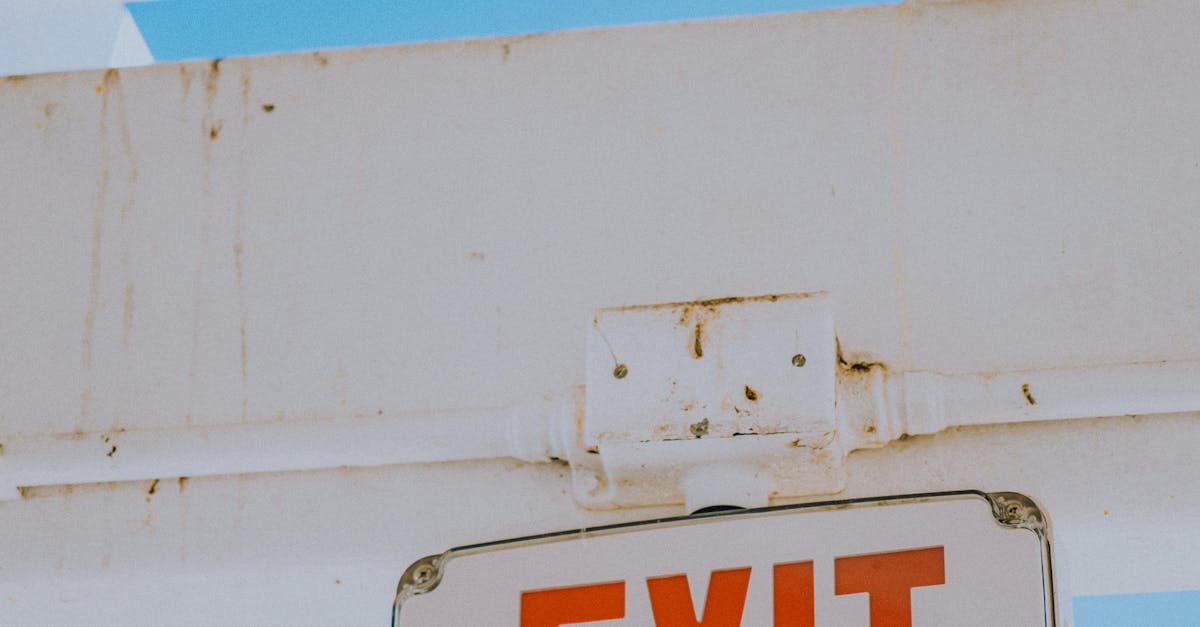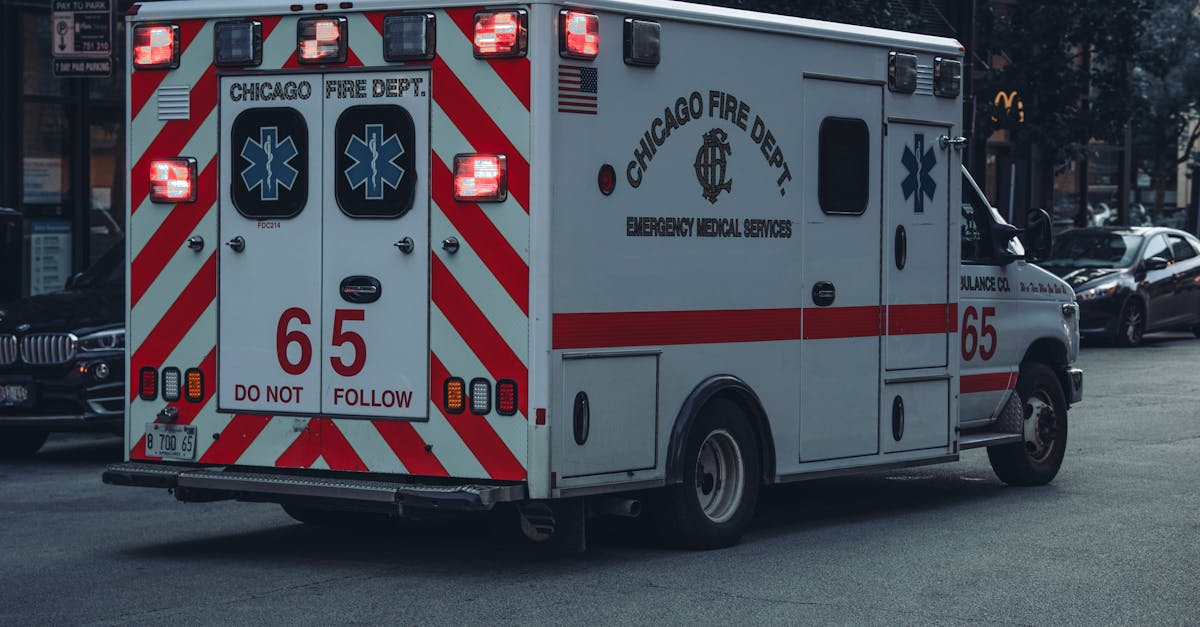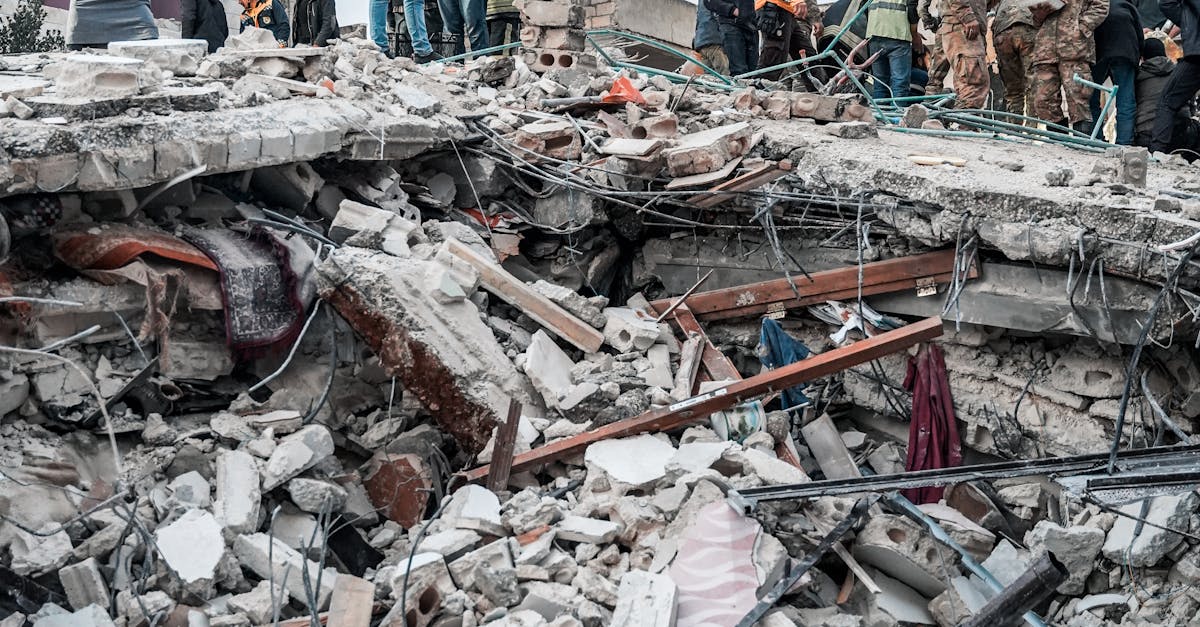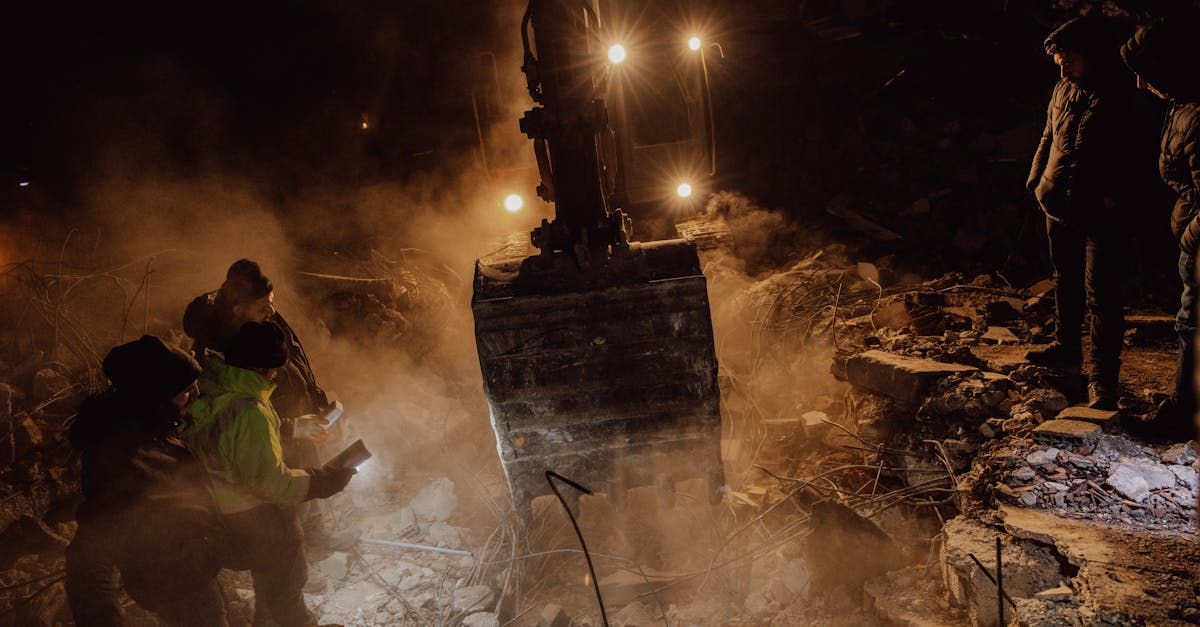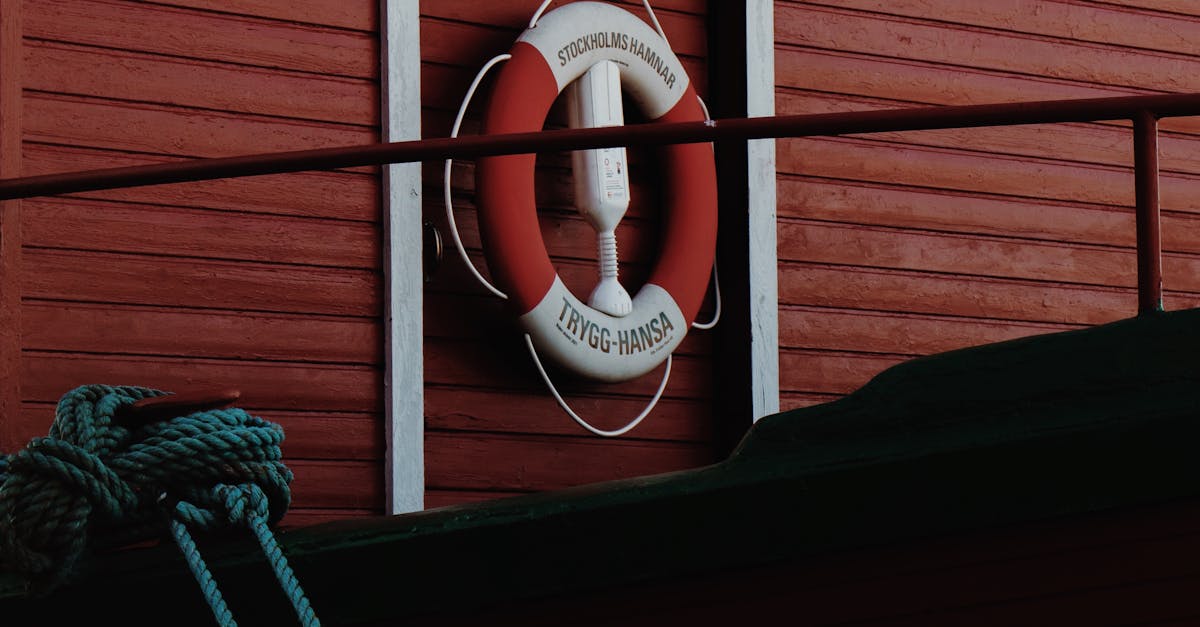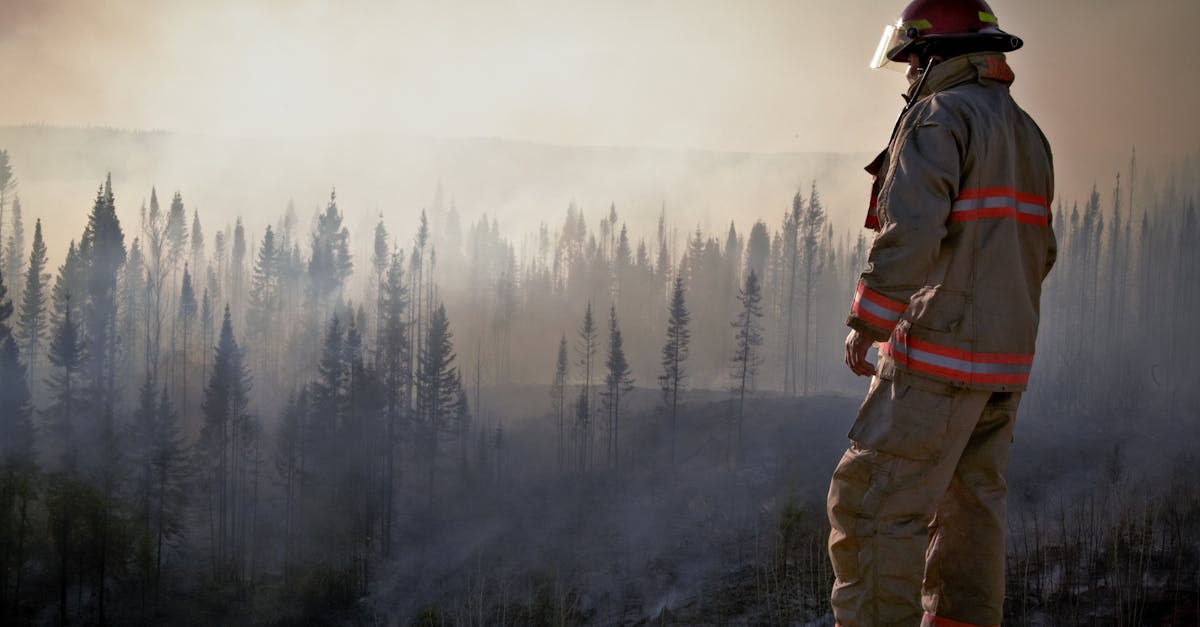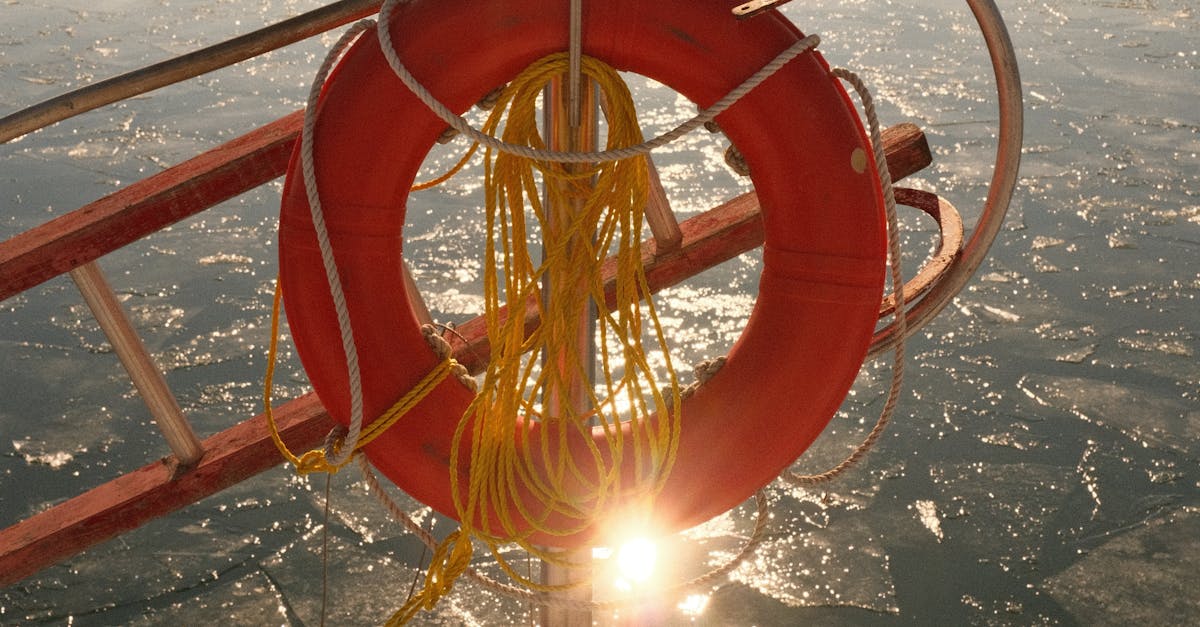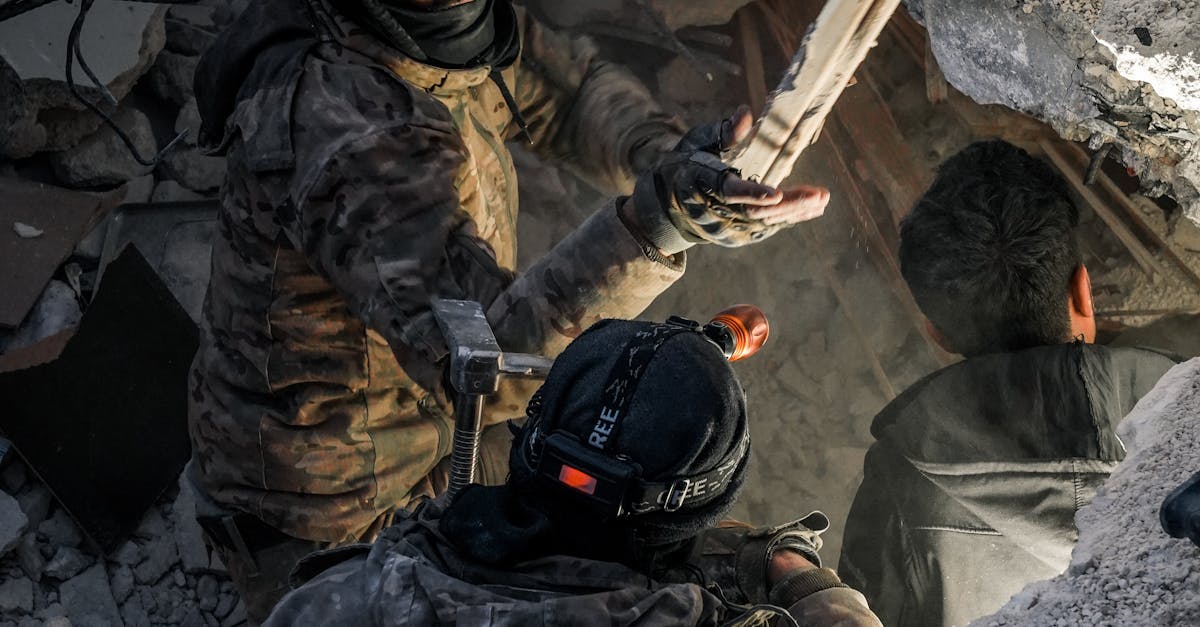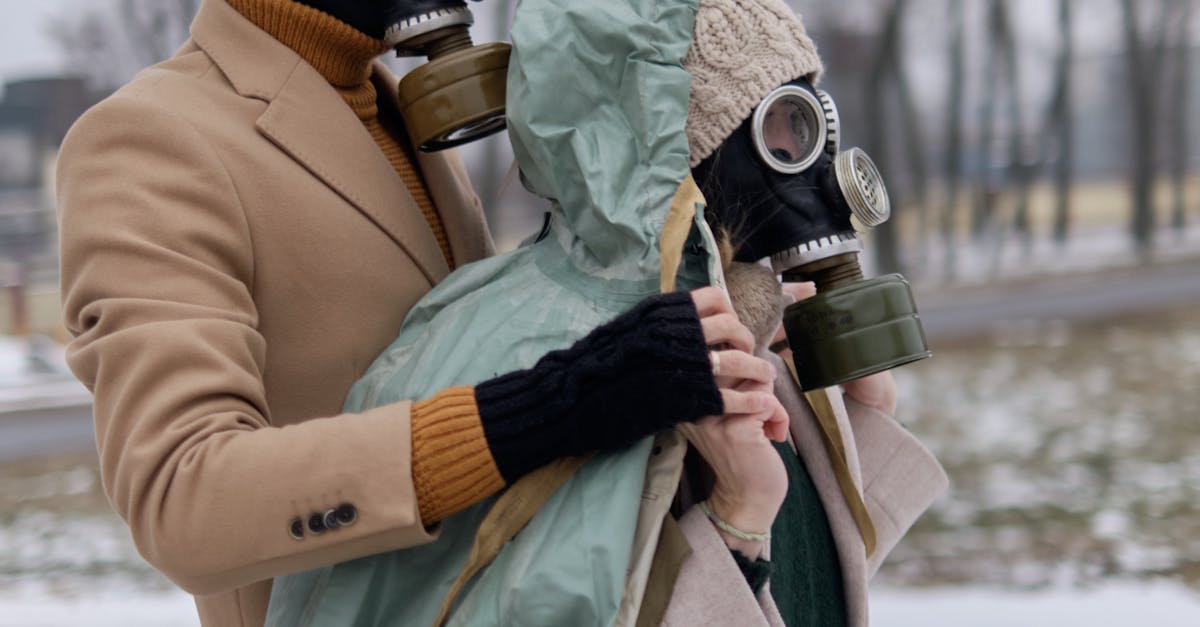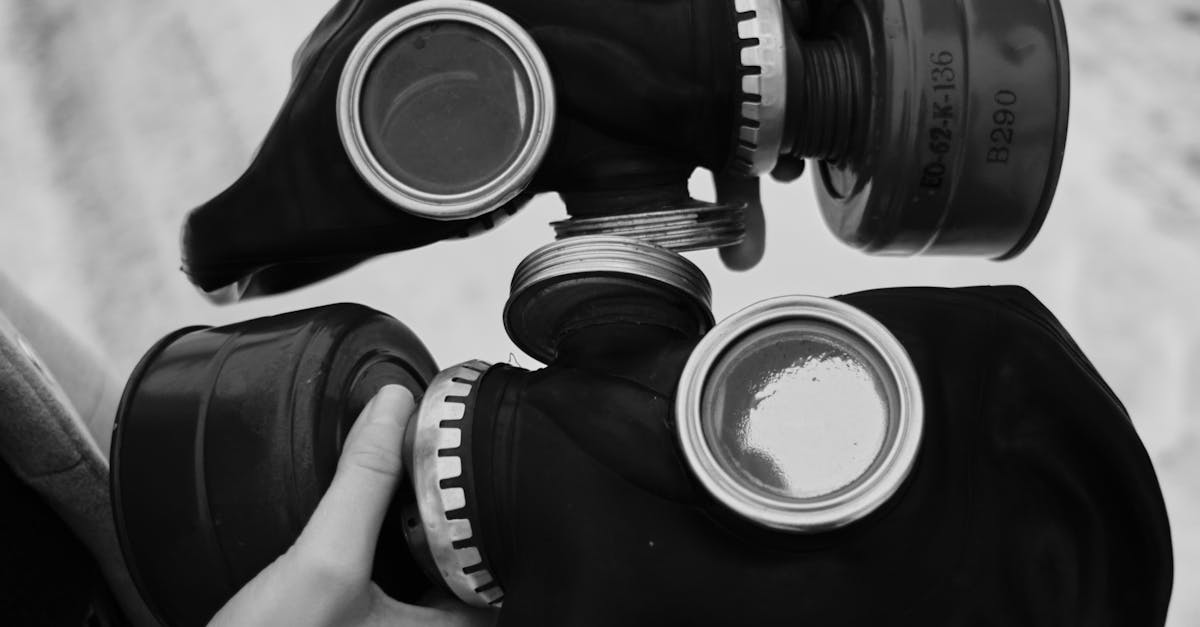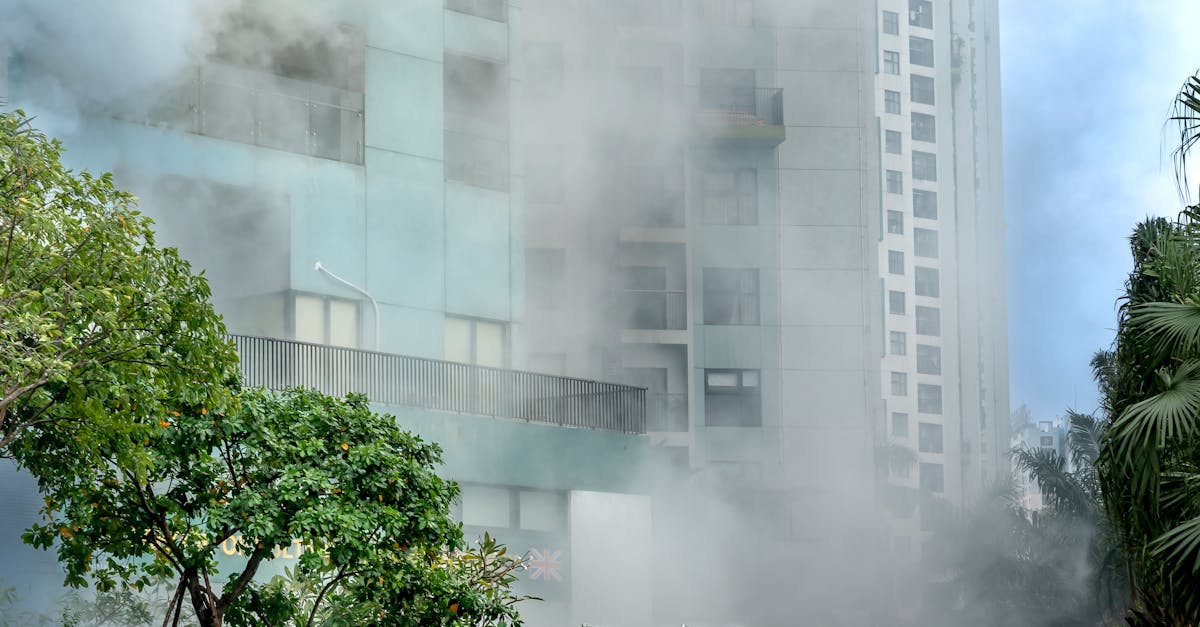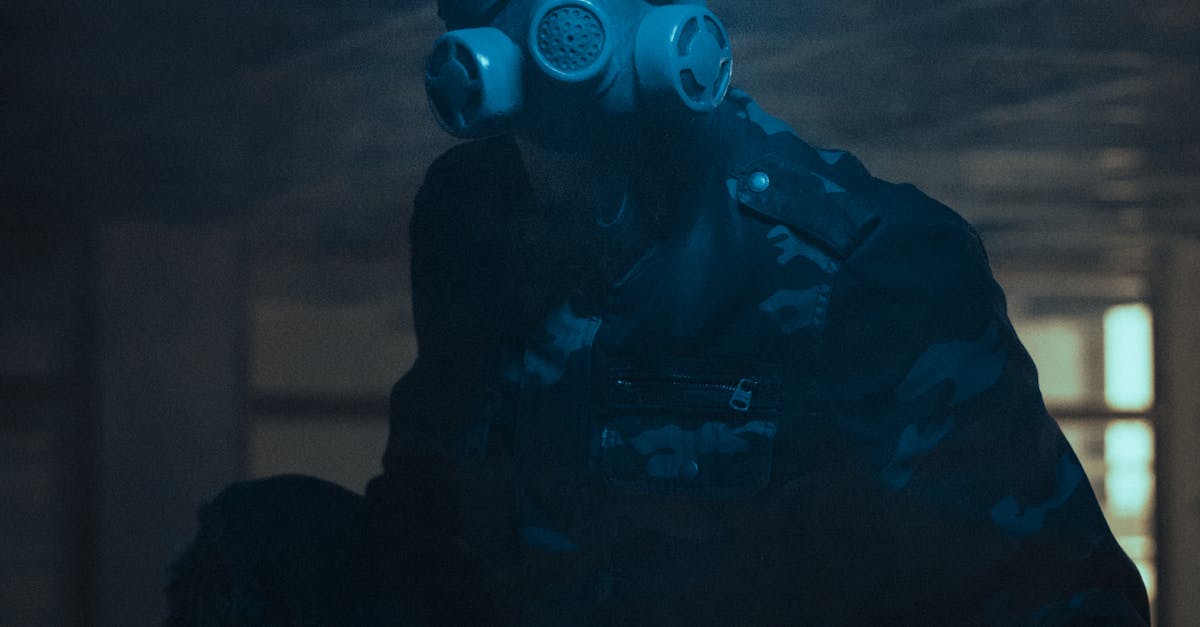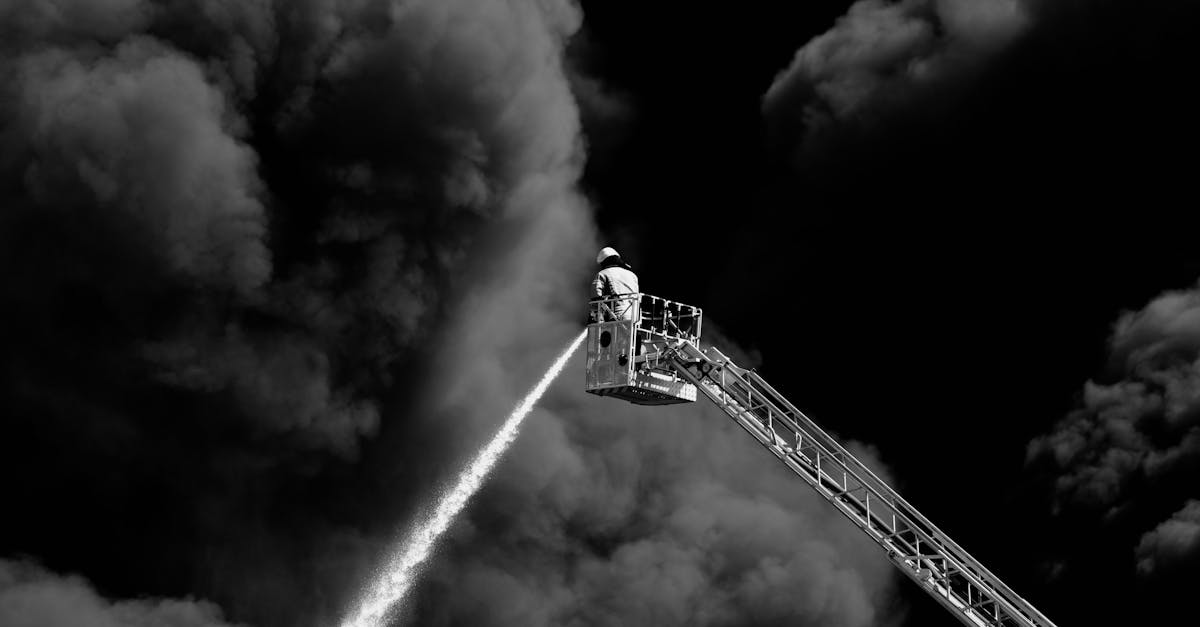
Table Of Contents
Repairing a Burst Pipe
When a pipe bursts, swift action is crucial to minimise water damage and disruption. Start by locating the main water shut-off valve and turning it off to stop the flow of water. After addressing the immediate source of the leak, it’s essential to assess the extent of the damage. If the hole or break is small, you may be able to use pipe repair tape or a plumbing clamp as a temporary fix. However, for larger bursts or severe damage, consulting a burst pipe plumber is advisable to ensure a proper and lasting repair.
A burst pipe plumber can provide expert guidance on the most effective repair methods, depending on the type and location of the damage. They can replace sections of the pipe or apply more sophisticated techniques such as epoxy resin lining. In addition to repairing the burst pipe, they can also inspect the overall plumbing system to identify any underlying problems that may lead to future issues. Professional help not only guarantees a high-quality repair but also gives homeowners peace of mind that their plumbing is in good working order.
StepbyStep Guide to Pipe Repair
When dealing with a burst pipe, the first step is to turn off the water supply to prevent further flooding. Locate the main shut-off valve, often found near the water meter or where the main line enters your home. Once the water flow is stopped, drain the remaining water from the pipes by turning on taps throughout the property. This helps relieve pressure and minimizes the mess. After addressing the water supply, it is essential to assess the damage and identify the specific location of the burst.
If the damage is small and you feel confident to proceed, clean the area around the burst pipe, removing any debris or insulation. Cut away the damaged section of the pipe using a pipe cutter or hacksaw, ensuring clean, straight cuts for a good seal. Use a pipe repair clamp or a sleeve to fix the pipe, following the manufacturer’s instructions diligently. However, if the situation seems beyond your expertise, it is best to contact a burst pipe plumber. They have the necessary tools and experience to handle complex issues and ensure your plumbing system is restored effectively.
When to Call a Professional
It's essential to recognise when a DIY approach is no longer suitable for your plumbing issues. If the burst pipe is located in a hard-to-reach area or within walls, your efforts may only aggravate the situation. In such cases, it’s best to contact a burst pipe plumber who has the tools and experience to address the problem effectively.
Another sign that you should seek professional assistance is if the damage caused by the burst pipe is extensive. Water damage can lead to mould growth and structural issues, which can be costly to repair. A burst pipe plumber can assess the situation, implement immediate fixes, and offer long-term solutions to prevent recurrence.
Signs That You Need Expert Help
Recognising when to call a professional can save you time and money. If you notice damp patches on your walls, ceilings, or floors, these could be indicators of a burst pipe. Persistent leaks that you cannot seem to locate or fix on your own also signal that it’s time to seek help. Ignoring such signs may lead to more severe water damage and result in costly repairs down the line.
Unexpected fluctuations in water pressure might suggest that your plumbing system is compromised. Strange noises coming from your pipes, such as banging or gurgling, can indicate underlying issues that require attention. In these situations, contacting a burst pipe plumber will ensure you receive appropriate diagnosis and repair services. Acting promptly can prevent further complications and protect your home from extensive water damage.
Preventing Future Burst Pipes
Maintaining your plumbing system is crucial to preventing future burst pipes. Regular inspections can identify weak points in your pipes, especially those susceptible to temperature fluctuations. Insulating pipes in unheated areas helps protect them from the freezing conditions that can lead to a burst. Additionally, keep an eye on your water pressure. Excessively high pressure can strain your pipes, increasing the risk of failure. Consulting a burst pipe plumber for advice on the appropriate water pressure levels for your home can also help minimise risks.
Another effective strategy is to drain your outdoor pipes before winter. This reduces the chance of standing water freezing and causing pipes to expand and burst. Regularly clean your gutters and downspouts to ensure proper drainage away from your house. Blocked gutters can lead to water pooling near your foundation, increasing the chances of overflow and pressure issues. Engaging a burst pipe plumber for routine maintenance can be a smart investment, ensuring that potential problems are caught early and your plumbing remains in good condition.
Tips for Maintaining Your Plumbing
Regular maintenance of your plumbing system can significantly reduce the risk of burst pipes. Inspecting your pipes for any signs of corrosion, leaks, or blockages can help identify issues before they escalate. Keeping an eye on water pressure is also essential; excessive pressure can put strain on your pipes, increasing the likelihood of damage. Professional assessments every few years can ensure that your plumbing is in good shape, allowing for timely repairs when necessary.
Seasonal changes can affect your plumbing as well. During colder months, it's important to insulate pipes that are exposed to freezing temperatures. This can help prevent them from bursting when the temperature drops. Additionally, having a burst pipe plumber on hand for emergency situations provides peace of mind. Regularly flushing your water heater and checking for sediment build-up can also prolong the lifespan of your plumbing fixtures.
FAQS
What should I do first if I discover a burst pipe?
The first step is to turn off the water supply to prevent further flooding. Locate the main shut-off valve and turn it off immediately.
Can I repair a burst pipe myself, or should I call a plumber?
If you have experience with plumbing repairs, you may be able to fix it yourself using a step-by-step guide. However, if you're unsure or the damage is extensive, it's best to call a professional plumber.
What materials do I need to repair a burst pipe quickly?
Common materials for a quick repair include pipe clamps, duct tape, rubber patches, and, if necessary, replacement pipe sections. Make sure to gather these tools before starting the repair.
How can I tell if a pipe is about to burst?
Signs of an impending burst pipe include reduced water pressure, damp spots on walls or ceilings, unusual noises from pipes, and visible cracks in the plumbing.
What preventive measures can I take to avoid future burst pipes?
To prevent future burst pipes, ensure your plumbing is well insulated, maintain a consistent heating level in your home during winter, and regularly check for leaks or signs of wear in your plumbing system.
